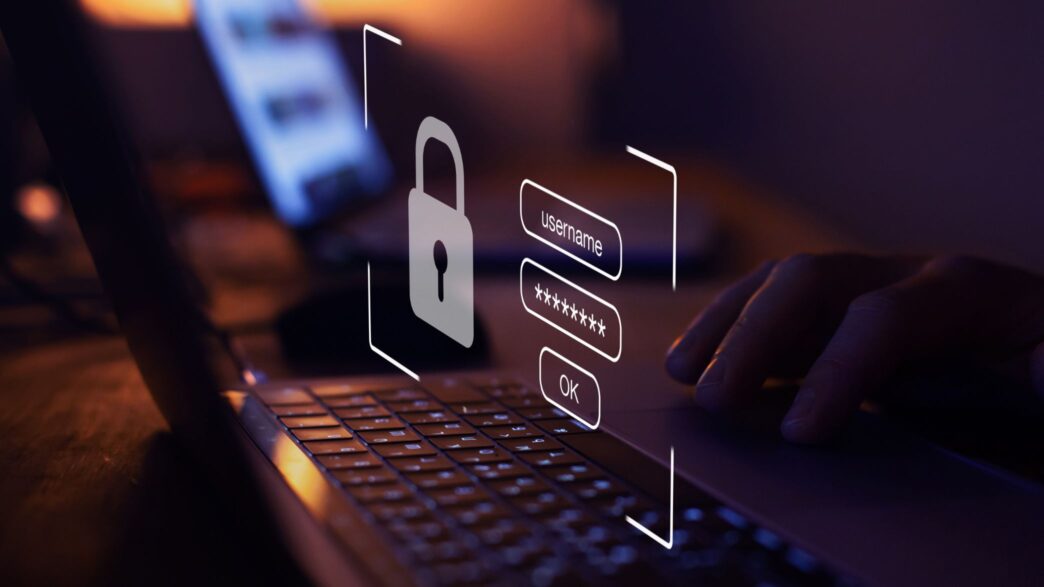The healthcare sector is facing a rise in cyberattacks, posing serious challenges for hospitals, clinics, and healthcare providers.
A recent survey has shown that disruptive cyberattacks have increased from 2023 to 2024, with many healthcare facilities struggling to keep up with security needs.
These attacks can interrupt patient care, compromise sensitive data, and lead to huge financial losses.
Impact of Cyberattacks on Healthcare
Healthcare is an attractive target for cybercriminals because it holds valuable data, such as personal health records and financial information.
According to a 2023 report by IBM, the average cost of a healthcare data breach was $10.93 million, making it the highest of any industry.
Cyberattacks can lead to the theft of patient data, compromised medical devices, and disrupted hospital operations, which can directly impact patient care and safety.
The increase in ransomware attacks has been especially harmful. Ransomware is a type of malware that encrypts files and demands a ransom for the key to decrypt them.
In 2024 alone, many hospitals had to halt services while trying to recover from these attacks, which often delayed patient treatments and surgeries.
Why Healthcare is Vulnerable
Healthcare systems often use outdated technology, making them more susceptible to cyberattacks.
Additionally, medical staff typically lack cybersecurity training, which makes it easier for attackers to exploit weaknesses through phishing or other social engineering methods.
With tight budgets, many healthcare providers struggle to implement adequate cybersecurity measures, leaving them vulnerable to attacks.
How to Improve Cybersecurity in Healthcare
- Training Healthcare Workers: Training employees about phishing attacks and how to recognize suspicious emails can reduce the chances of a successful cyberattack.
- Updating Technology: Replacing old systems with updated, secure technologies can help prevent hackers from exploiting weaknesses in outdated software.
- Investing in Cybersecurity: Allocating funds specifically for cybersecurity, including hiring IT experts and using stronger encryption, can help prevent future attacks.
According to the Cybersecurity & Infrastructure Security Agency (CISA), healthcare facilities should also conduct regular risk assessments and create response plans to prepare for potential breaches.
The Need for Stronger Measures
As cyberattacks continue to rise, the healthcare industry must prioritize cybersecurity.
Failing to do so not only risks financial losses but also jeopardizes patient care. The need for stronger measures has never been more urgent.
In a world where patient safety is directly connected to digital security, healthcare providers must act now to protect their systems.























